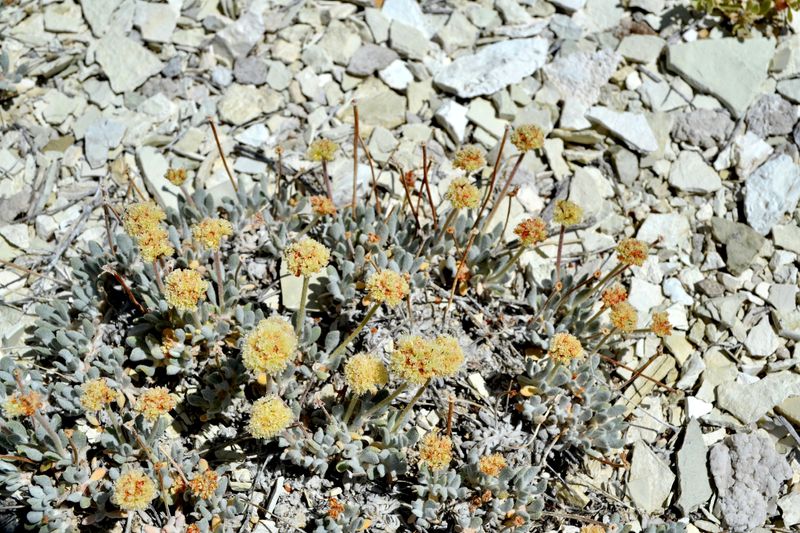By Ernest Scheyder
(Reuters) -The U.S. Interior Department on Thursday gave final approval to ioneer's Rhyolite Ridge lithium mine in Nevada, the first domestic source of the battery metal to be permitted by President Joe Biden's administration and one that will become a key supplier to Ford (NYSE:F) and other electric vehicle manufacturers.
Shares of the Australia-based critical minerals miner jumped more than 20% in New York trading on Thursday afternoon before easing down.
The approval ends a more-than six-year review process during which regulators, ioneer and conservationists tussled over the fate of a rare flower found at the mine site, a tension that exposed the sometimes competing priorities between climate change mitigation efforts and biodiversity protection.
The permit, which had been expected by the end of the year, comes amid a flurry of recent moves by Biden officials to support critical minerals production and offset China's market dominance.
It also unlocks a $700 million loan from the U.S. Department of Energy, as well as a $490 million equity investment from Sibanye Stillwater (NYSE:SBSW) to fund the project.
"This is a science-based decision," Laura Daniel-Davis, the Interior Department's acting deputy secretary, told Reuters. "We're trying to send a signal that there's no topic with greater importance than addressing climate change."
The U.S. Bureau of Land Management, which is controlled by the Interior Department, on Thursday issued the Rhyolite Ridge project's record of decision - essentially the mine's permit - and said the project will "include significant protections for the local ecosystem" and help create hundreds of jobs in the rural region.
The project, roughly 225 miles (362 km) north of Las Vegas, contains enough lithium to power roughly 370,000 EVs each year. Construction is slated to begin next year, with production commencing by 2028, a timeline that would make Rhyolite Ridge one of the largest U.S. lithium producers alongside Albemarle (NYSE:ALB) and Lithium Americas (NYSE:LAC).
The U.S. Geological Survey has labeled lithium a critical mineral vital for the U.S. economy and national security.
"We're proud to be the first U.S. lithium mine permitted by the Biden administration," James Calaway, ioneer's chairman, told Reuters.
The project will extract lithium as well as boron - a chemical used to make ceramics and soaps - from a clay-like deposit. The lithium will be processed on site into two main derivatives used to make batteries, and the company said it plans to recycle half of all the water used at the site, higher than the industry average.
Ford and a joint venture between Toyota (NYSE:TM) and Panasonic (OTC:PCRFY) have agreed to buy lithium from the mine.
ENDANGERED FLOWER
In addition to the lithium and boron deposits, Rhyolite Ridge is home to the Tiehm's buckwheat flower, which is found nowhere else on the planet and was declared an endangered species in 2022.
The Center for Biological Diversity (CBD) and some other conservation groups thus oppose ioneer's project, saying it would push the flower to the brink of extinction.
After the permit was announced on Thursday, the CBD said it plans to sue the federal government to block the project.
"By greenlighting this mine, the Bureau of Land Management is abandoning its duty to protect endangered species like Tiehm's buckwheat and it's making a mockery of the Endangered Species Act," said the CBD's Patrick Donnelly.
The Interior Department's Daniel-Davis declined to comment on the potential litigation, but noted the changes made to the mine's operating plan as a result of the permit review process, including new design plans and propagation efforts that included construction of a greenhouse. Department officials also released an opinion stating their belief that the mine would not harm the flower.

"We have run a transparent process," said Daniel-Davis. "The company was willing to reconfigure its entire project to take into account Tiehm's buckwheat."
The death of more than 17,000 flowers near the mine site in 2020 sparked allegations of a "premeditated" attack. Ioneer denied harming the flowers. The government later blamed thirsty squirrels.